The difference Bournemouth University’s research, education and expertise makes to society has been recognised through the third Knowledge Exchange Framework (KEF) exercise.
The KEF is released annually by Research England and aims to increase efficiency and effectiveness in public funding for knowledge exchange and to encourage universities to understand and improve on their performance.
 BU’s performance in the third KEF demonstrates several areas of strength, including our research partnerships, working with business, and local growth and regeneration.
BU’s performance in the third KEF demonstrates several areas of strength, including our research partnerships, working with business, and local growth and regeneration.
Our work with health and care providers, including partnerships with University Hospitals Dorset (UHD) and Dorset Healthcare, supports initiatives across research, education and practice in the region, helping people to live better for longer.
This includes student placements and Continuing Professional Development (CPD) for staff, with over 32,000 learner days undertaken by NHS staff at BU over the past three years. Collaborative research with UHD includes optimising nutritional care for inpatients and creating a medical simulation game to help prepare junior doctors for the pressures of life on the ward.
The university’s expertise in environmental science is helping to protect and preserve our natural environment, from working with the National Trust and RSPB to monitor habitats and support conservation efforts in the Purbecks, to the ecological consultancy work undertaken by Bournemouth University Global Environmental Solutions (BUG).
BU also supports business and entrepreneurship across the region. Around 60 SME owners have so far participated in the university’s Help to Grow: Management Programme while BU’s Eco-Entrepreneurs Fund, delivered in partnership with Santander, has supported BU students and graduates to develop businesses which address the climate and ecological crisis.
As well as regional engagement, the university works with communities and organisations on a national and international level – such as the Disaster Management Centre, which is assisting communities globally, including in Sierra Leone, in crisis preparedness and recovery.
Professor Keith Phalp, Pro Vice-Chancellor at Bournemouth University, said: “We are proud to be a catalyst for growth, using our skills and expertise to support our region and enrich society.
“The KEF provides an opportunity to assess our progress in knowledge exchange and the impact of our work. It is great to recognise the contribution of our staff, students and graduates in supporting this work on a regional, national, and international scale and making a real difference to the world around us.”
The results of the KEF have been published in the form of institutional dashboards, with institutions measured against seven perspectives – including working with businesses, the public and the third sector; intellectual property and commercialisation; and public and community engagement.
In recognition of the fact that universities have different areas of expertise and work in regions with different needs, all universities in England have been placed into different clusters according to their expertise, size and research activity.
BU is in Cluster E, alongside other large universities with a broad range of disciplines generating research. Other universities in the cluster include Oxford Brookes University, Nottingham Trent University, and Portsmouth University.
Professor Dame Jessica Corner, Executive Chair of Research England, said: “Across the breadth of higher education, institutions make rich and diverse contributions to the economy and society through their knowledge exchange activities.
“The KEF continues to be a powerful tool to describe the breadth of scope of knowledge exchange. It also provides important evidence of different university strengths through peer group comparisons.”
Visit the Knowledge Exchange Framework website to view the institutional dashboards and find out more about the KEF.
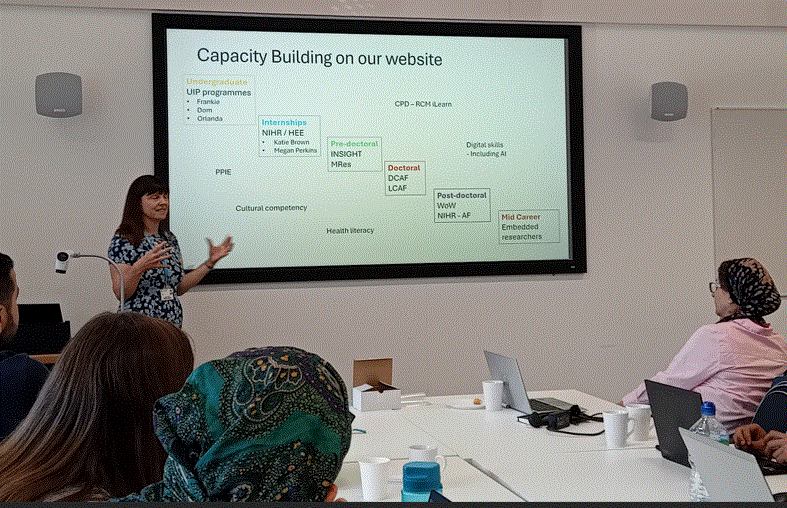 Today was the first day of strategic planning for the MIHERC project. Our collaborators from Sheffield and Doncaster came down to Bournemouth University to discuss progress, meet with midwifery practitioners from University Hospital Dorset NHS Foundation Trust,
Today was the first day of strategic planning for the MIHERC project. Our collaborators from Sheffield and Doncaster came down to Bournemouth University to discuss progress, meet with midwifery practitioners from University Hospital Dorset NHS Foundation Trust, and plan action for the coming year.
and plan action for the coming year.  MIHERC comprises an interdisciplinary team, led by Prof. Hora Soltani at Sheffield Hallam University, which has members from ethnically and professionally diverse colleagues from Sheffield Hallam University, Bournemouth University and Doncaster City Council.
MIHERC comprises an interdisciplinary team, led by Prof. Hora Soltani at Sheffield Hallam University, which has members from ethnically and professionally diverse colleagues from Sheffield Hallam University, Bournemouth University and Doncaster City Council.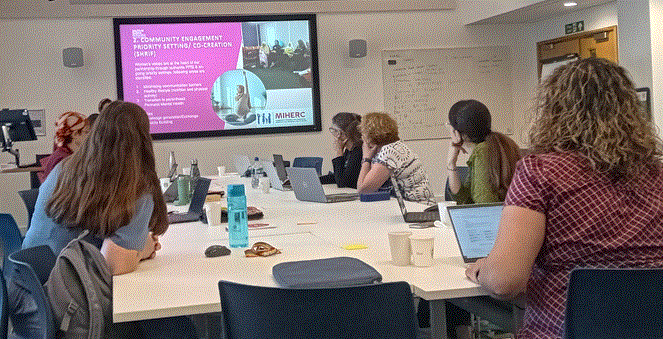
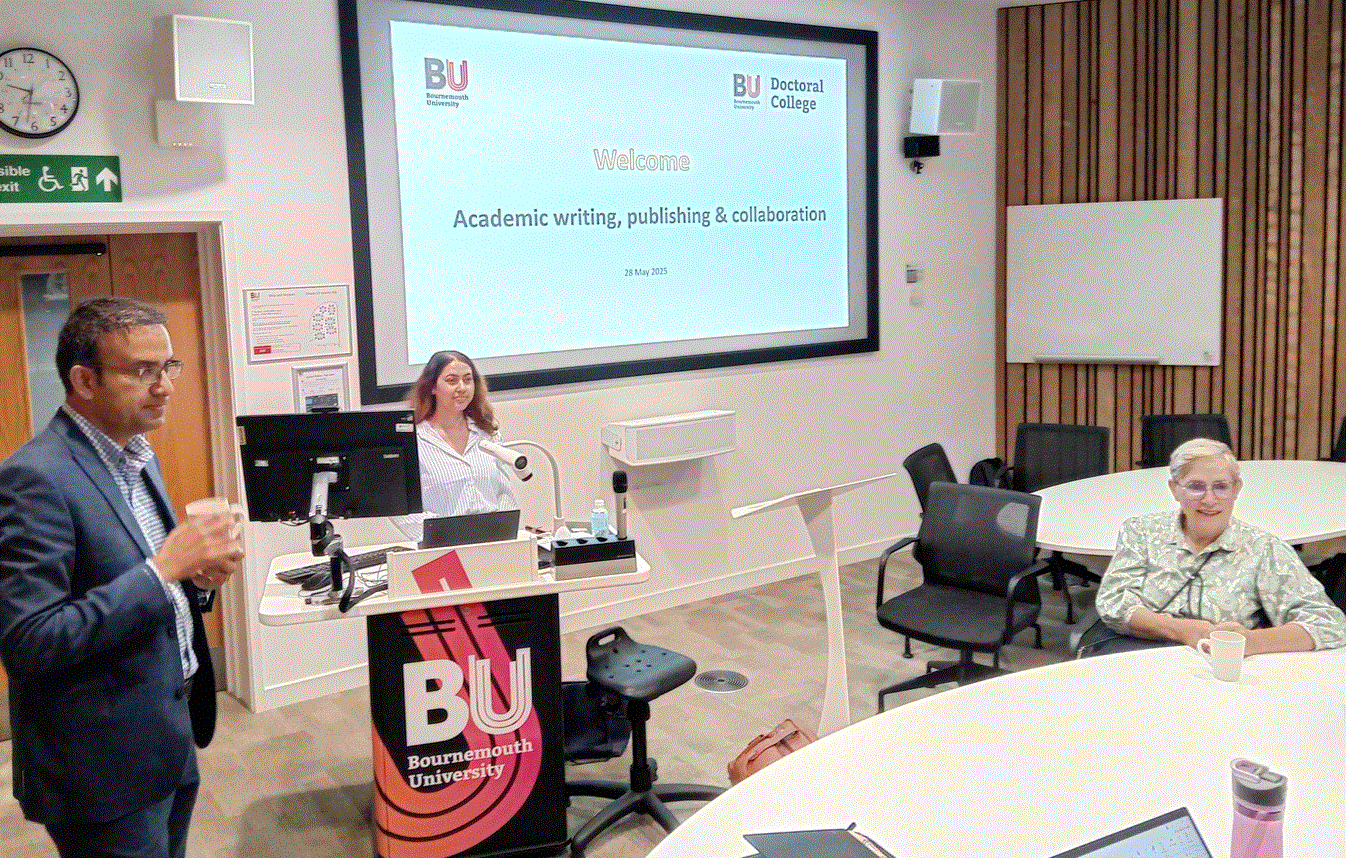

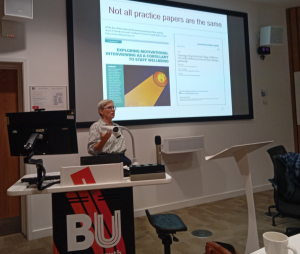

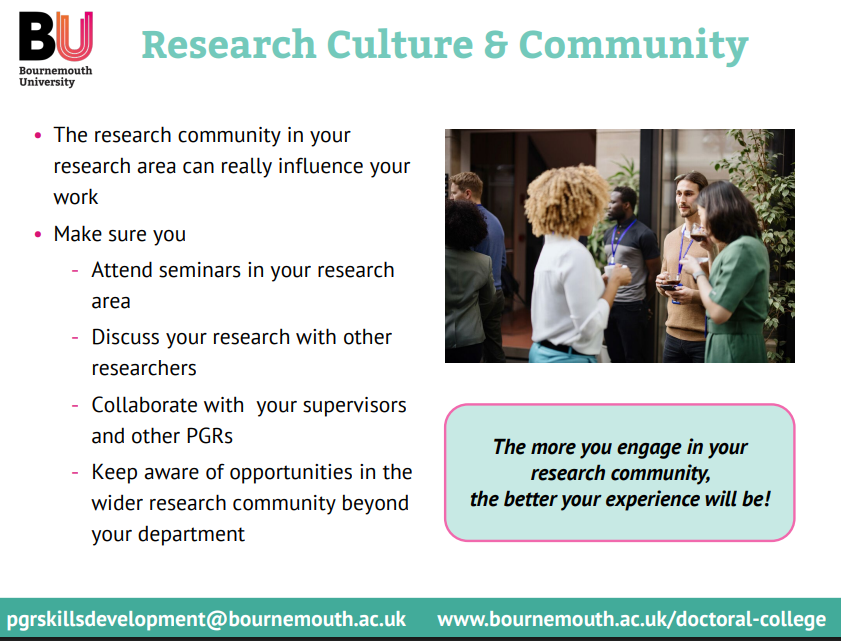

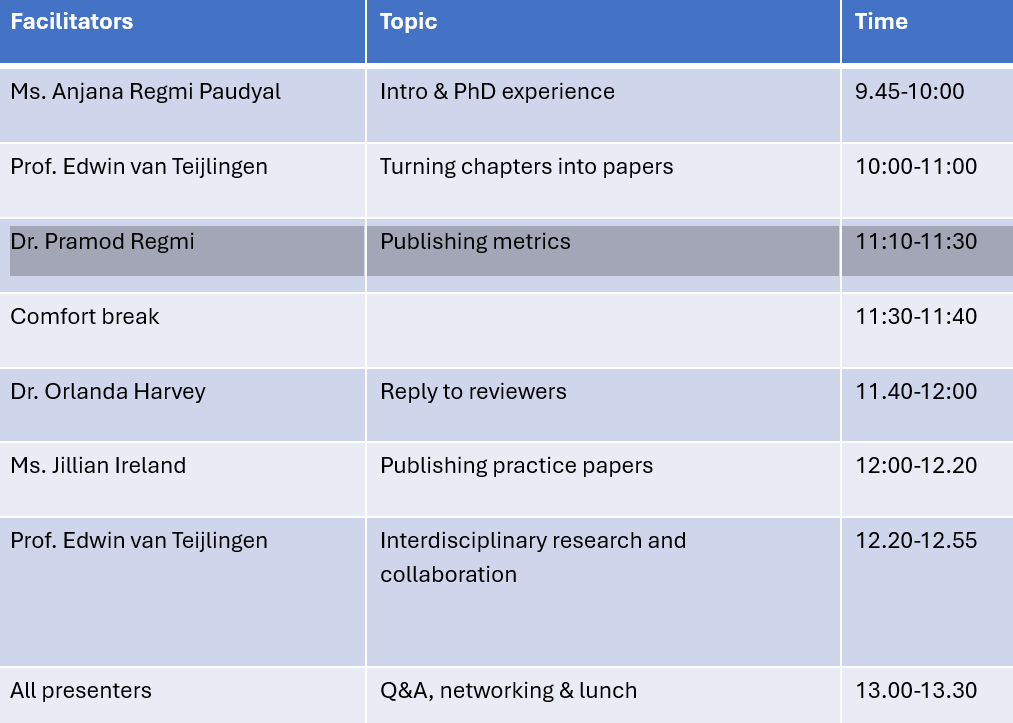
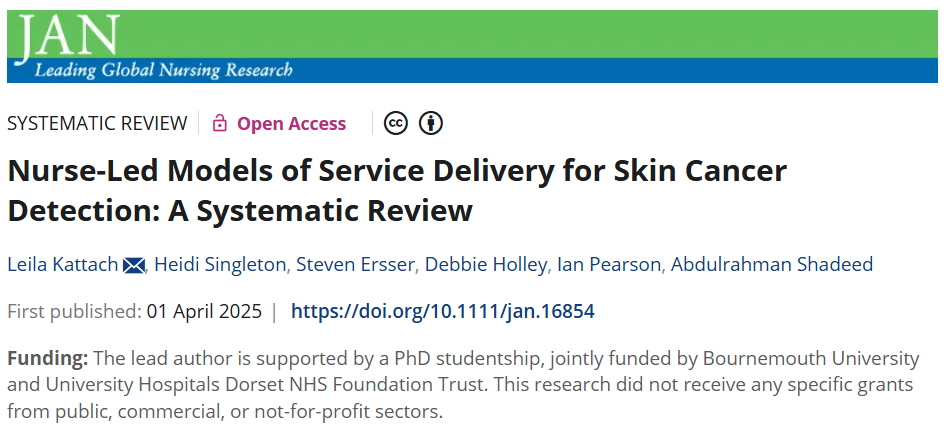

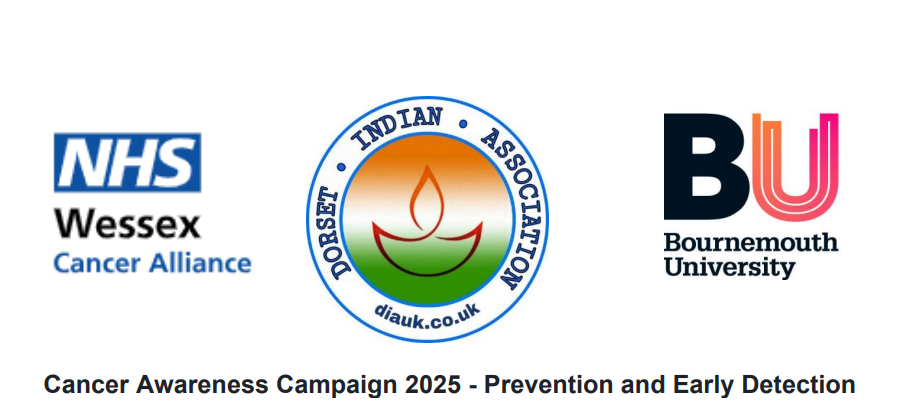
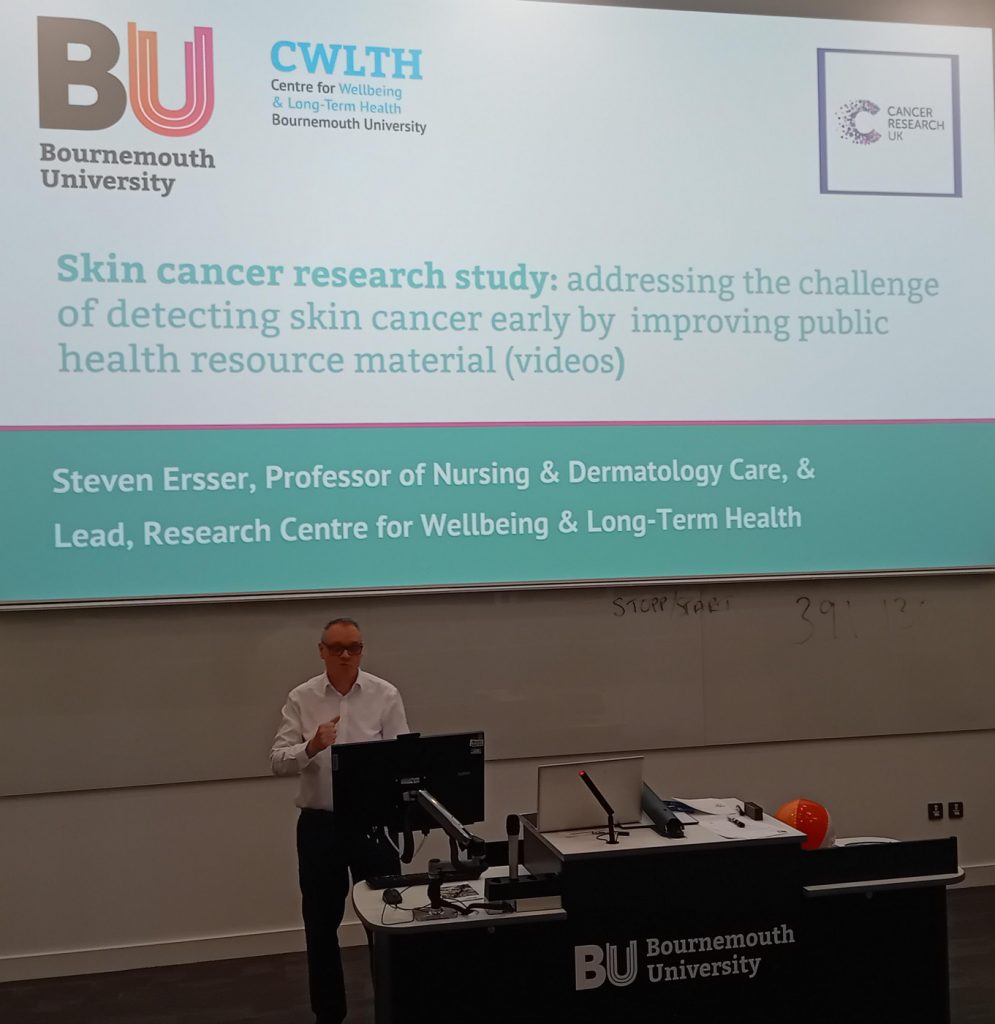

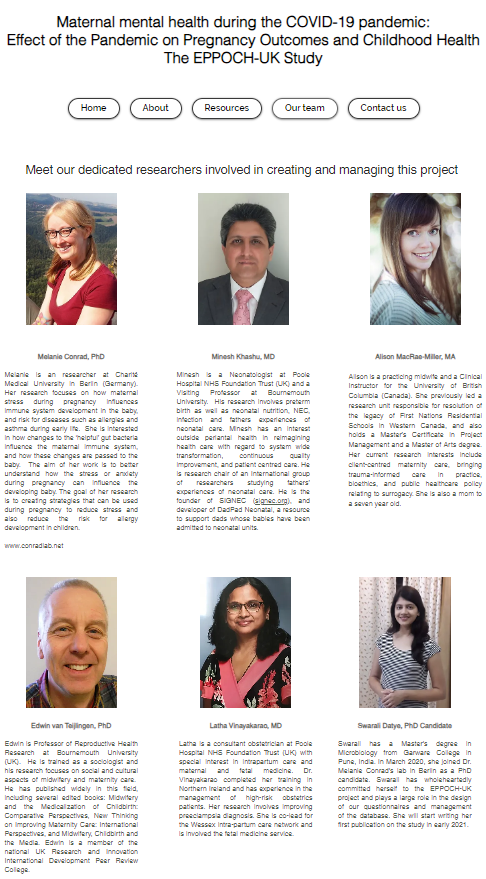
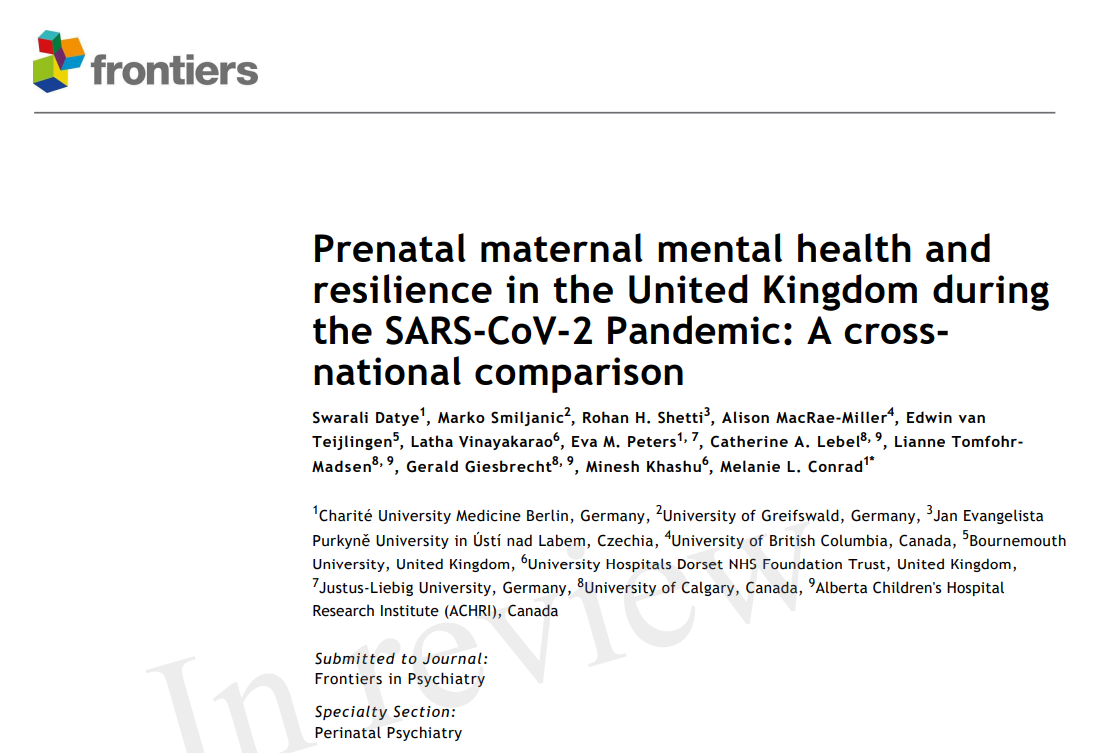


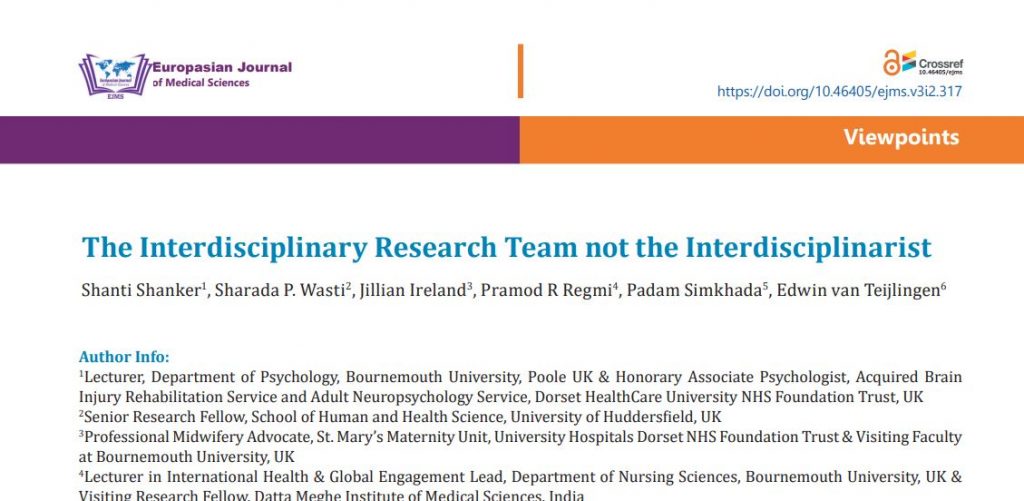
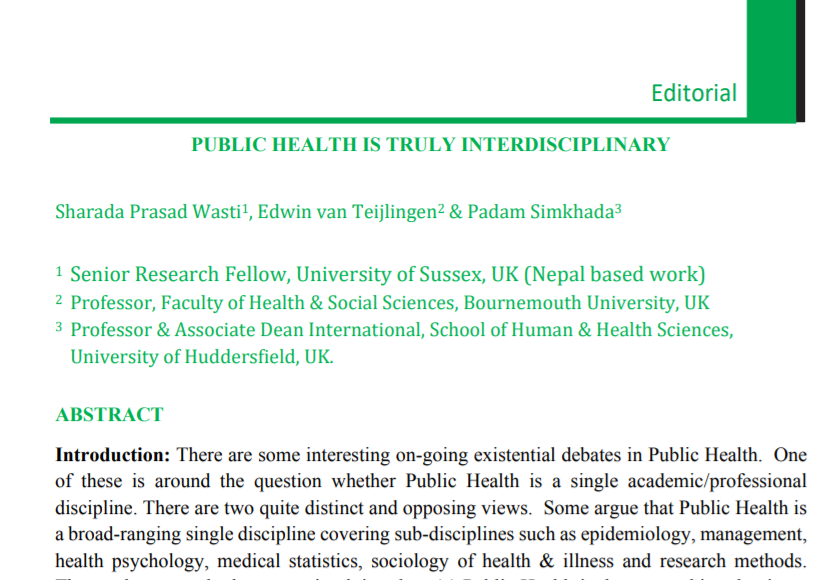
 BU’s performance in the third KEF demonstrates several areas of strength, including our research partnerships, working with business, and local growth and regeneration.
BU’s performance in the third KEF demonstrates several areas of strength, including our research partnerships, working with business, and local growth and regeneration.

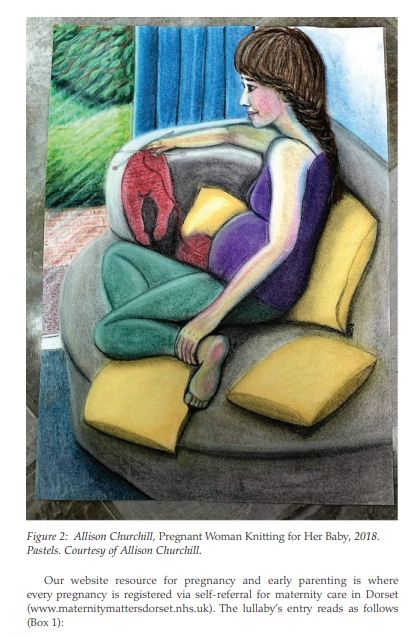











 Missing Persons Indicator Project Recruitment
Missing Persons Indicator Project Recruitment Celebrating our Research: Postgraduate Research Showcase 2026
Celebrating our Research: Postgraduate Research Showcase 2026 Nursing Research REF Impact in Nepal
Nursing Research REF Impact in Nepal Fourth INRC Symposium: From Clinical Applications to Neuro-Inspired Computation
Fourth INRC Symposium: From Clinical Applications to Neuro-Inspired Computation ESRC Festival of Social Science 2025 – Reflecting back and looking ahead to 2026
ESRC Festival of Social Science 2025 – Reflecting back and looking ahead to 2026 3C Event: Research Culture, Community & Cookies – Tuesday 13 January 10-11am
3C Event: Research Culture, Community & Cookies – Tuesday 13 January 10-11am ECR Funding Open Call: Research Culture & Community Grant – Application Deadline Friday 12 December
ECR Funding Open Call: Research Culture & Community Grant – Application Deadline Friday 12 December MSCA Postdoctoral Fellowships 2025 Call
MSCA Postdoctoral Fellowships 2025 Call ERC Advanced Grant 2025 Webinar
ERC Advanced Grant 2025 Webinar Horizon Europe Work Programme 2025 Published
Horizon Europe Work Programme 2025 Published Update on UKRO services
Update on UKRO services European research project exploring use of ‘virtual twins’ to better manage metabolic associated fatty liver disease
European research project exploring use of ‘virtual twins’ to better manage metabolic associated fatty liver disease